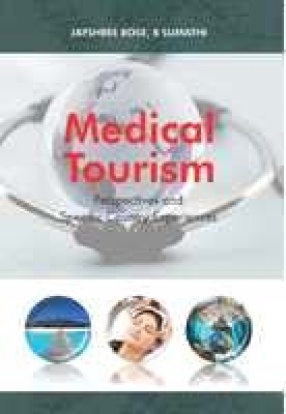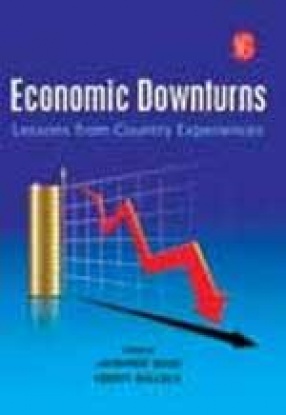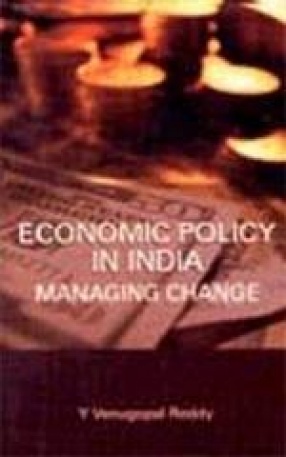The last two decades have seen a massive upsurge in insurance claims arising from catastrophes, both natural and man-made. Earlier, claims were within manageable limits, and reinsurers rarely reneged on commitments. But catastrophes seemed to have entered a high intensity mode since 1992. Reinsurance capacities are strained to the utmost, and even highly rated reinsurers have exited the market. Today, prime among these risk transfer mechanism options are captive reinsurers, of which the Bermuda captives have emerged as the most resourceful. They are wholly or partly held reinsurance subsidiaries set up by mainland insurers for their own reinsurance needs. Neither the other alternative risk transfer mechanisms nor captive markets have been able to equal Bermuda’s explosive growth.The book traces the incredible rise of the Bermuda captives, but does not fail to raise some pertinent questions about the factors underlying Bermuda’s resourcefulness. Reasons for the industry being more vibrant in Bermuda than in any other offshore center, although they share some common benefits and the effectiveness of Bermuda’s self-regulatory mechanism. Can Bermuda hold on its own in a fast-changing regulatory scenario and the looming threat of competition from other insurance offshore centers like Cayman Islands? As Bermuda faces more intense competition, accounting regulations become more stringent and more external regulations are imposed. What would be the impact of all these changes on Bermuda’s captive industry? The book, which answers these questions, will be of great interest to insurers, management consultants, faculty and students of insurance and other readers, in general.
Medical Tourism: Perspectives and Specific Country Experiences
This comprehensive book on ...
$70.20
$78.00








There are no reviews yet.